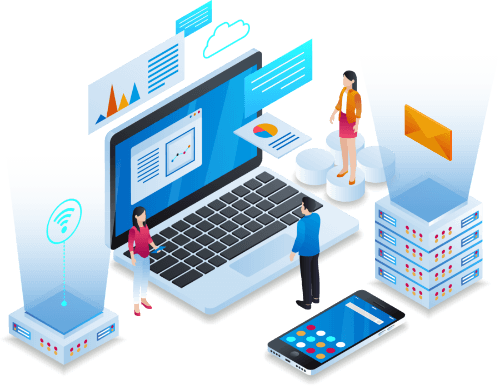Key Benefits of CRM Software.
Complete Sales Automation
Streamlines the entire sales process by automating tasks like lead tracking, follow-ups, and reporting. This efficiency allows sales teams to focus more on building relationships and closing deals, ultimately boosting productivity and revenue.
Monitor Sales Pipeline
involves tracking the progress of deals at each stage, providing insights into potential revenue and bottlenecks. This enables sales teams to make informed decisions, prioritize efforts, and optimize their strategies for better conversion rates.
Track Customer Deals
involves monitoring all interactions and transactions with clients, ensuring a comprehensive view of each opportunity. This helps sales teams stay organized, anticipate client needs, and tailor their approach to close deals more effectively.
Customer Communication
Customer communication refers to the strategies and channels used to engage with clients, addressing their needs and inquiries effectively. By fostering open and personalized interactions, businesses can build stronger relationships.
Customer Follow-up
involves systematically reaching out to clients after initial interactions or transactions to nurture relationships and address any concerns. This practice helps ensure customer satisfaction, encourages repeat business, and increases the likelihood of referrals.
Cloud-Based Platform
allows businesses to access customer data and tools online, enabling real-time collaboration and flexibility from any location. This scalability and ease of integration with other tools enhance efficiency and streamline sales and marketing efforts.

